Science is the process of identifying patterns in nature and developing explanations of how and why those patterns exist. Scientists use experimentation and careful observation to collect evidence to support those explanations. Although there is no single scientific method, all types of scientists use the eight science and engineering practices in different orders and combinations to do their work.
To better understand science…
LET’S BREAK IT DOWN!
What is science?
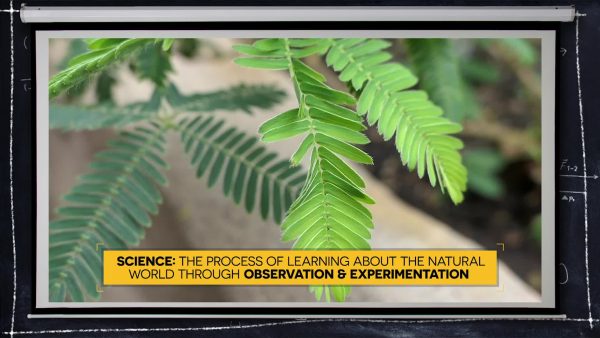
Science is the study of the natural world, and the many branches of science focus on particular parts of that world. We often think of scientists following the scientific method and conducting laboratory experiments, but that’s only part of the story. Some scientists do carry out experiments where they change one variable at a time (single-variable testing) and measure the effects of that change to test a hypothesis, but other scientists must rely on careful observations to collect data. What all scientists have in common is that they work to identify patterns in the natural world and then use evidence to explain how and why those patterns exist. It’s also true that some scientists follow a process that is very similar to the scientific method that you have probably learned about, but others only use parts of that process or take some additional steps or work through them in different orders. That’s why we are shifting from thinking about a single scientific method to focusing on the eight science and engineering practices.
Science and Engineering Practices: Asking Questions and Defining Problems; Planning and Carrying Out Investigations
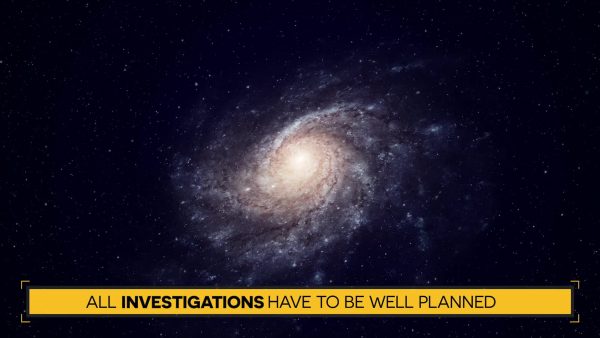
The science and engineering practices are the eight activities that scientists across all branches of science use to answer their questions about the natural world. All scientists start with a question about the natural world. Those questions can come from many different sources, but they must be questions that can be answered by using evidence. Scientists collect that evidence through carefully planned investigations. Sometimes those investigations are experiments, but sometimes scientists cannot conduct experiments. For example, paleontologists and astronomers have to collect their evidence through careful observations using their senses or tools like X-ray machines or telescopes.
Science and Engineering Practices: Analyzing and Interpreting Data; Developing and Using Models
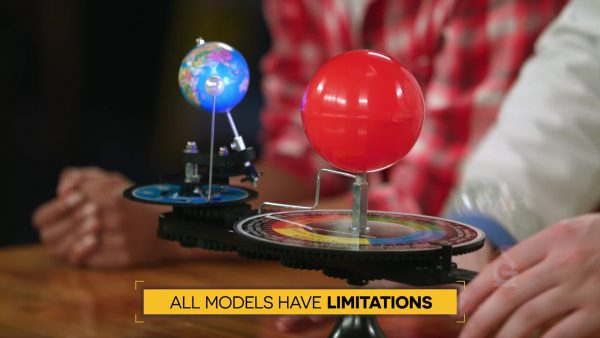
The investigations that scientists carry out generate data that might be in the form of many pages of observations or large tables listing numerical measurements. Scientists must analyze this data to identify patterns and make sense of what the data means. For example, a scientist might create a graph from numerical data to show how one variable relates to another. Models are another tool that scientists use to make sense of their investigations, generate new questions and predictions, and communicate their ideas. Models are representations of ideas or processes, and they can take the form of physical models, conceptual models, or computer simulations. Models can be very useful, but they all have limitations.
Science and Engineering Practices: Using Mathematics and Computational Thinking; Constructing Explanations
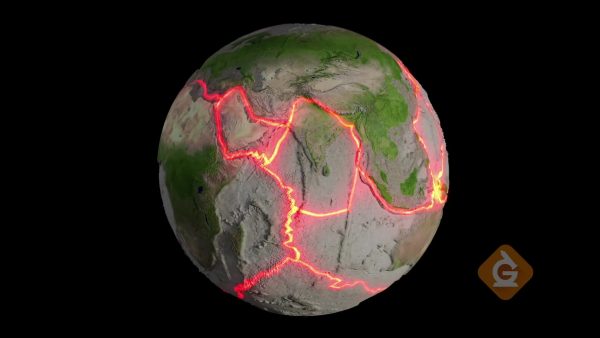
As scientists analyze data and develop models, they also often use math to show the relationships between different variables. This can range from a simple equation to a complex mathematical model run by a computer. No matter how scientists collect and make sense of evidence, the goal in all branches of science is to construct explanations of how and why things happen in the natural world. These explanations can range from a hypothesis that explains a single observation, to a theory, like gravitational theory, that explains a wide range of observations. Scientific explanations must be supported by evidence, and the more evidence we have the more confidence we have in an explanation. Scientific laws are sometimes confused with theories, but they have a different purpose. Instead of explaining how or why something happens in nature, a law simply describes the pattern of what happens.
Science and Engineering Practices: Engaging in Argument From Evidence; Obtaining, Evaluating, and Communicating Information
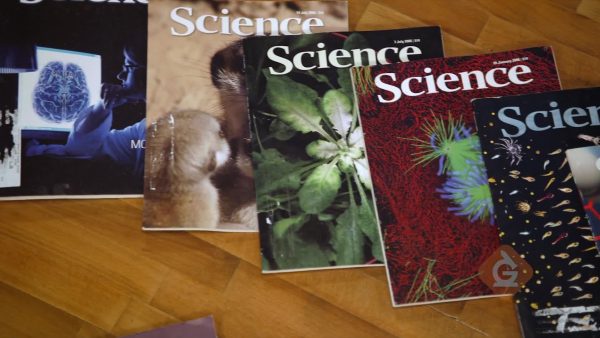
Developing scientific explanations is not as simple as looking at data and coming up with a conclusion. Explanations develop as scientists form arguments about, or debate, the meaning of evidence and how well evidence supports certain claims. To do this, scientists must communicate with each other regularly. In fact, scientists spend about half of their time obtaining, evaluating, and communicating information through conferences, publications, and other channels. Scientific explanations are accepted by the scientific community only after they are shared, critiqued, and determined to be supported by evidence. And these explanations can change over time as new evidence is discovered.
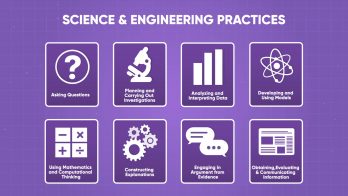





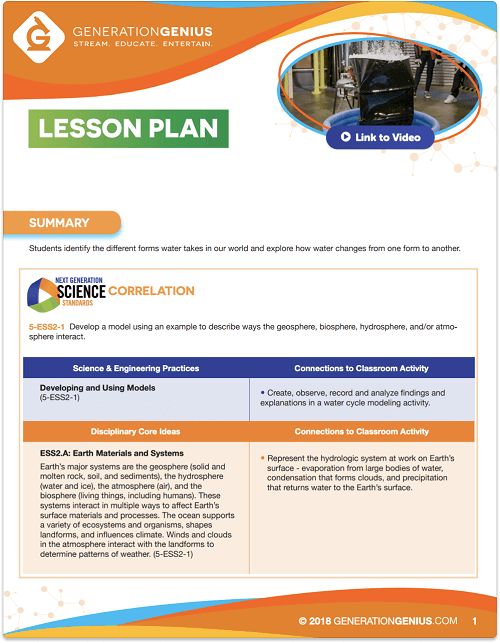

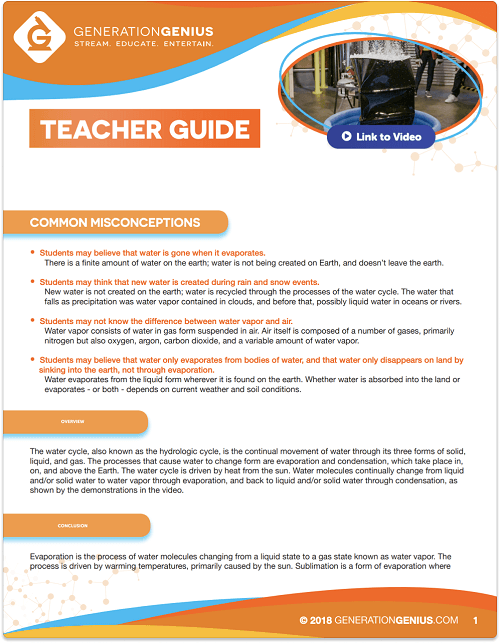
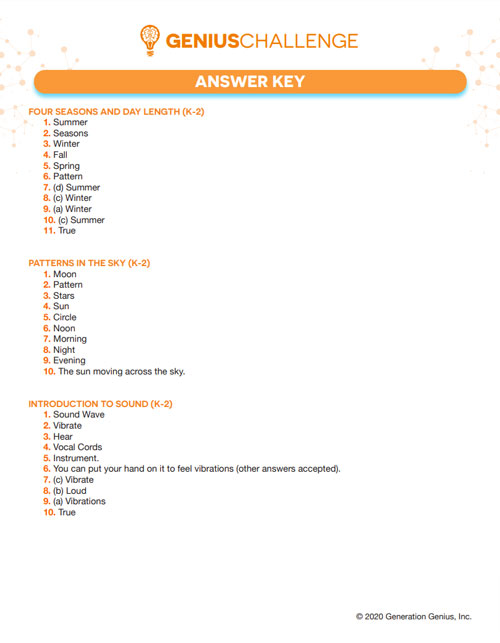























































































































 Select a Google Form
Select a Google Form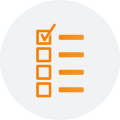

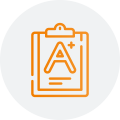





 GENERATION GENIUS
GENERATION GENIUS




